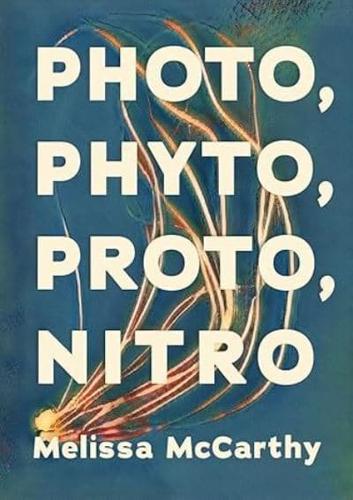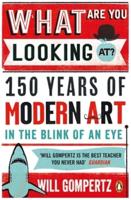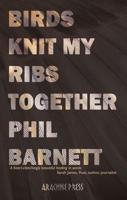Publisher's Synopsis
Photo: to do with light. Phyto: plants and flowers. Proto: the first, the original. Nitro: it blows up.
From Troy to Hiroshima, Crimea to the nuclear Nevada desert, we make our tracks over the war-scratched globe, and when we reach a ruin or a destination we read the markings, record them using various forms of photography. Later -- or much, much later -- someone else in turn will try to understand our silvery traces. These are the threads that Melissa McCarthy follows, unpicks, weaves again into a nexus of light and time: the mirrored silver cells of a shark's eyeball, sunlight glinting off the foam and sea wrack of the Aegean on flower with corpses, the silver salts of photographic paper, silver grave-treasures at Ur.
Like an archaeologist in her own strange literary landscape, McCarthy cuts through layers of history and technology to realign the dead and their images. She examines both what can be photographed and what remains always just beyond the frame, and photography itself. It's a practice involving chemicals and the action of light. But it's also an organising principle for literature and beyond: there are marks made -- by us, on us -- that we can't yet fully see or understand, though they push on through to the surface, always re-blooming.







